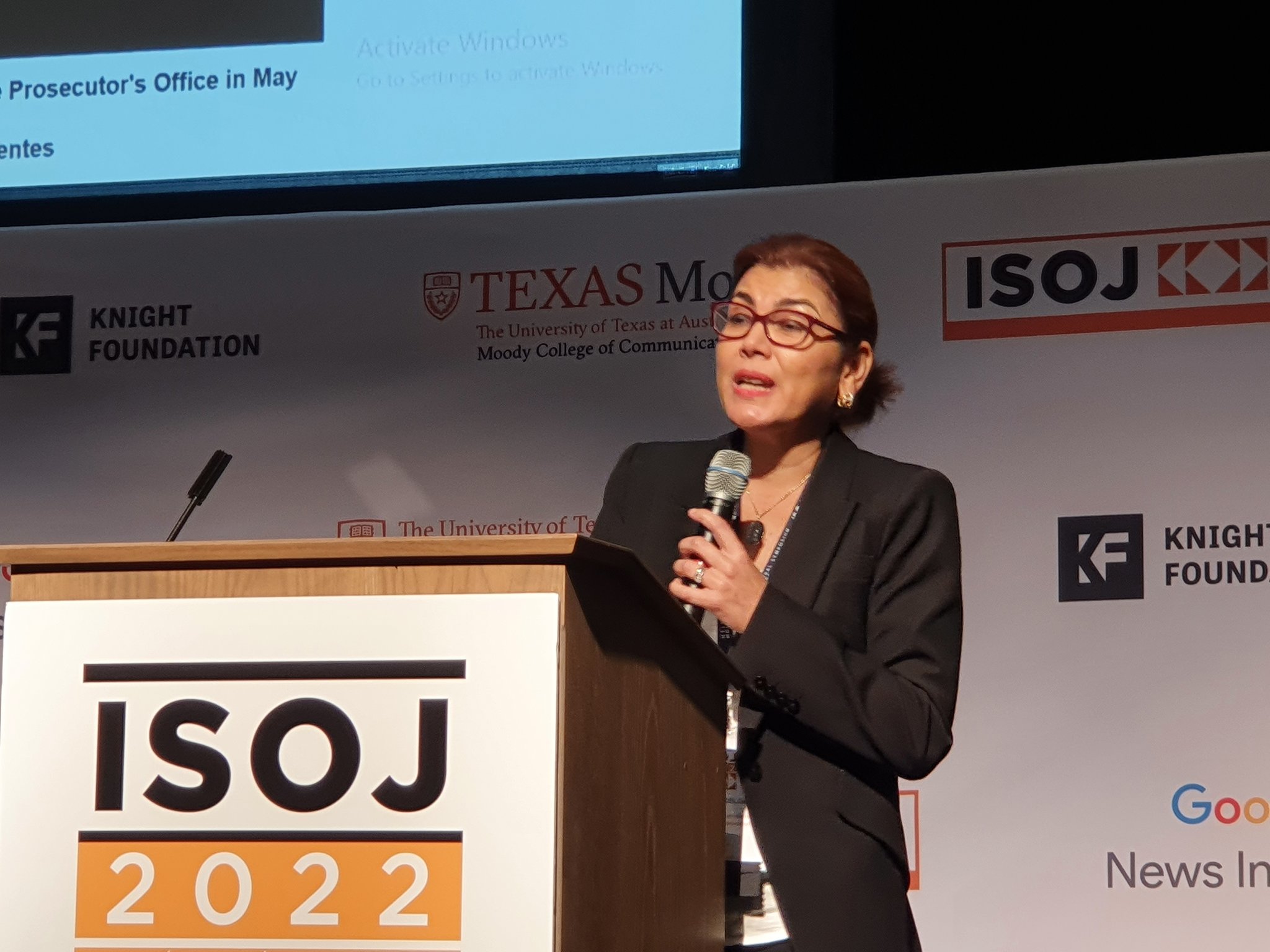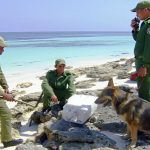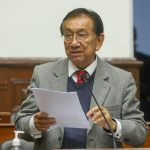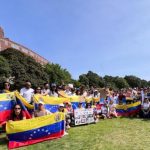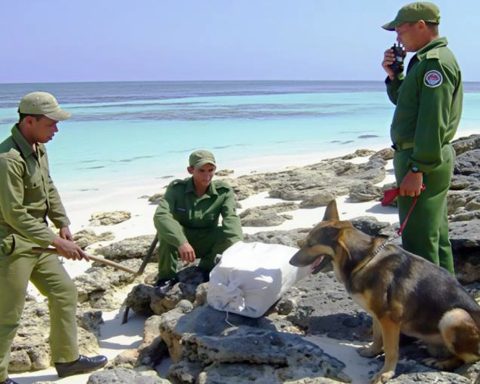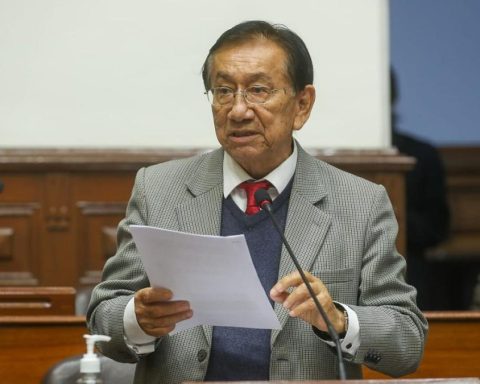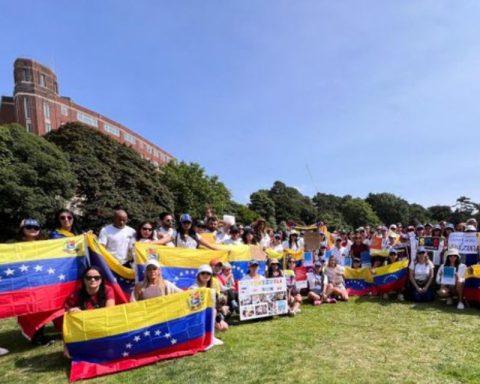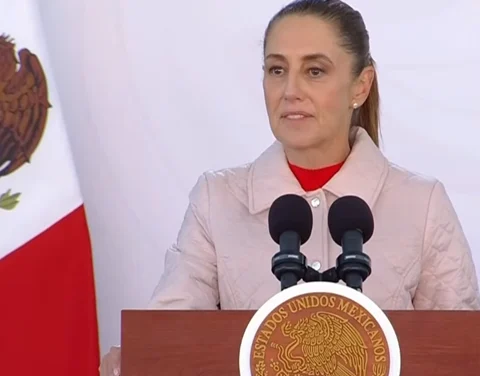the journalist Mary Lilly Delgadointernational media correspondent, forcibly left Nicaragua “to continue doing journalism,” after Daniel Ortega’s regime increased judicial persecution of independent communicators and targeted Delgado, in 2021.
The journalist made her exile official and exposed the situation at the 23rd International Symposium on Online Journalism (ISOJ), held this Saturday, April 2, at the University of Texas in Austin, United States.
Delgado would have left the country, irregularly, after the Public Ministry linked her to the “arbitrary” process against the closed Violeta Barrios de Chamorro Foundation, for which he prosecuted the communicator and former presidential candidate Christian Chamorro.
Related news: Univisión denounces judicial harassment against its correspondent María Lilly Delgado by the Nicaraguan regime
The State imposed migratory restrictions on the correspondent, prohibiting her from attending certain meetings and places, and from communicating with the people involved in the alleged investigation. The same measures were imposed on two other communicators.
“I’m innocent. The only thing I have done is train journalists and that is not a crime. I am a reporter, journalist. I have risked my life to inform and now I am risking my freedom. They are not going to silence me », she said, at that time, the Univisión correspondent when she was still in Nicaragua.
At this day’s global conference, Delgado stated that “today we have to do catacomb journalism” in Nicaragua, as in the last years of the Somocista dictatorship.
According to reports, he exemplified that Nicaraguan journalists have even preferred not to sign their articles, while sources are increasingly scarce. He regretted that more than a hundred communication professionals have opted for exile before the establishment of a de facto police state.
Related news: IAPA “deplores” sentence against Juan Lorenzo Holmann, manager of La Prensa
He raised his voice for journalists imprisoned and sentenced to up to 13 years in prison (Miguel Mora, Miguel Mendoza, Juan Lorenzo Holmann), and in an emotional speech he stressed that “without freedom of the press there is no freedom of thought.”
At least 104 attacks against press freedom occurred in Nicaragua last February, including the conviction of two journalists critical of the Ortega regime, reported the regional network Voces del Sur.
The organization warned that, in addition, in that month the judicialization of journalistic practice increased, the silence of information sources, as well as the forced exile of Nicaraguan journalists.
